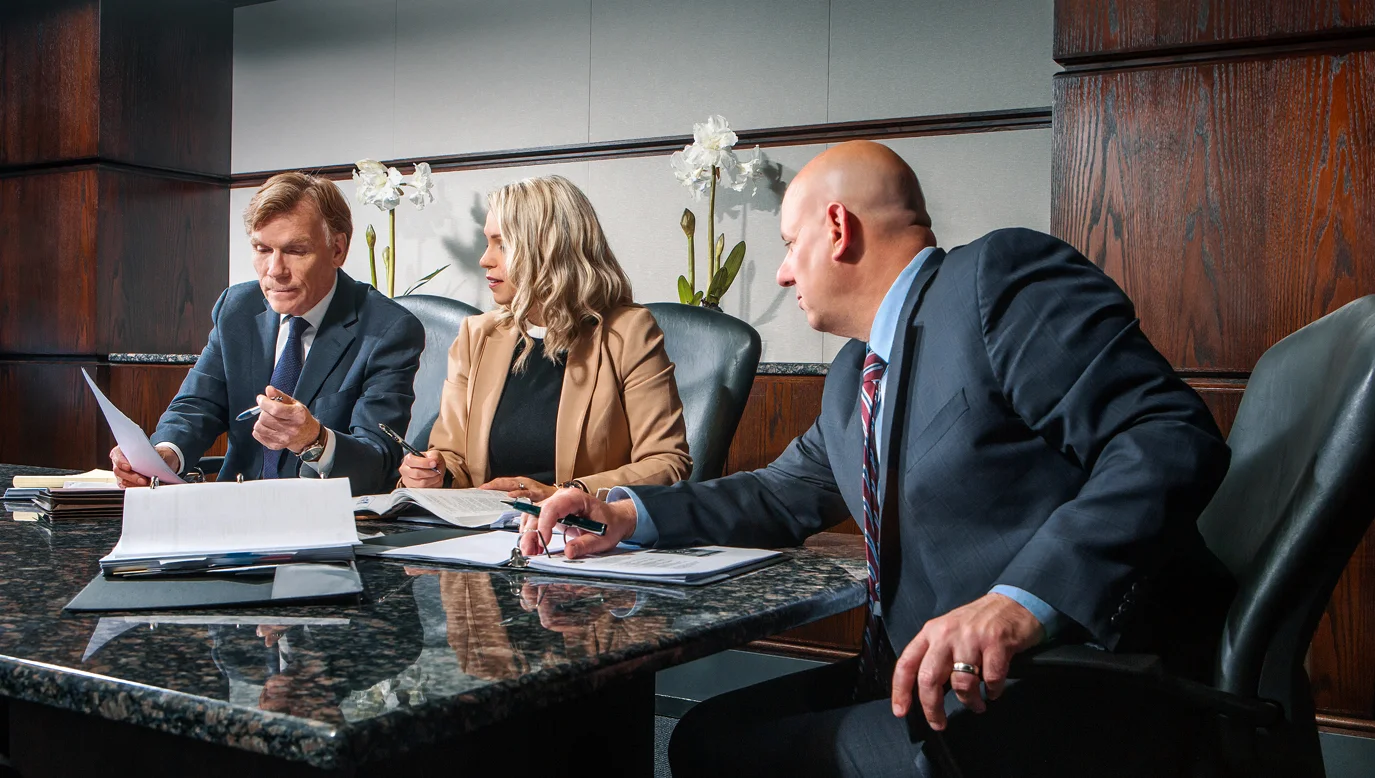You are getting confused confused with 2 separate issues. These issues are not the same.
1. Billing issue- This refers to the legality of billing carriers for the service of anesthesia. QZ billing doesn't require a whole lot from you other than some form of participation in the care of the patient. An example, is a preop note or "bailing the CRNA out." If you are supervising CRNAS in any manner, you should not be doing your own cases as well (if your hospital or state requires supervision). Since there is no limit on supervision, you can be doing your own case while your partner supervises 12 crnas. Hence, ask your partner to sign those charts if you are doing your own case. A CRNA can bill for his/her own case without your name on the chart at all.
2. Liability- This is a separate issue from billing. Any time you see a patient and document information on the record you may be liable for a bad occurrence. Regardless of how you bill for a case, as the "supervisor" any negligence by your "team members" will be reflected back on you to some degree. Of Course, there is a chance your name will be dropped from the lawsuit but typically, you do get named as a defendant in the case. By signing the chart of your CRNAs, you are assuming some degree of medical liability if you are viewed as their supervisor. If however, you have a legal, binding agreement from the hospital and CRNA pointing out your limited role in covering independent CRNAs, this will go a long way in assisting your defense.

